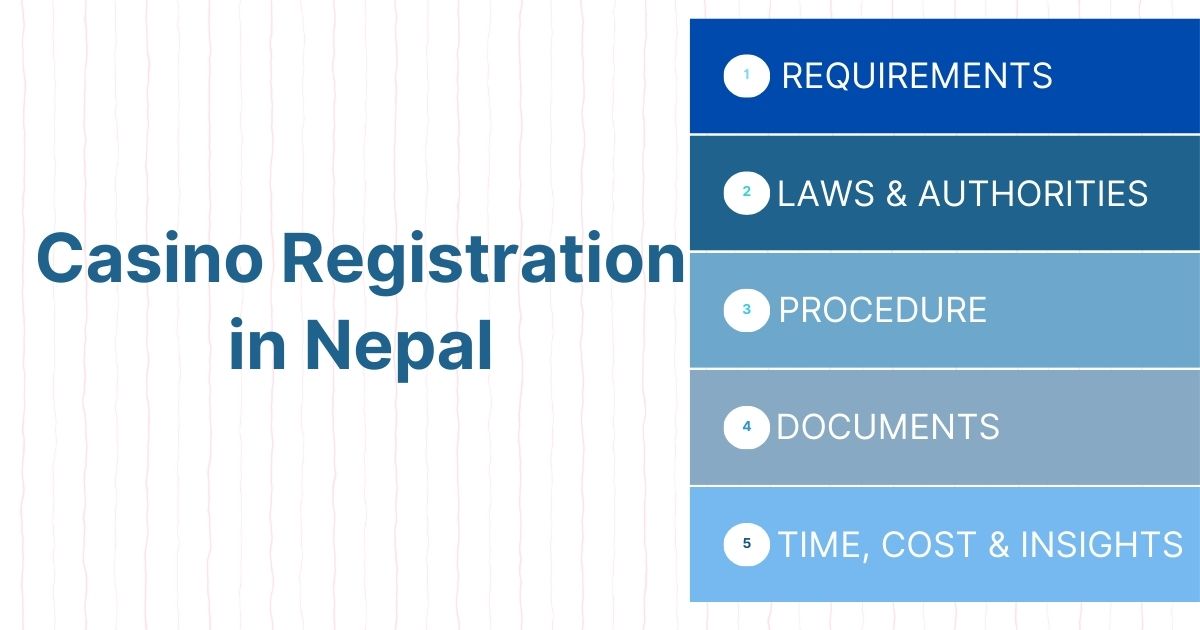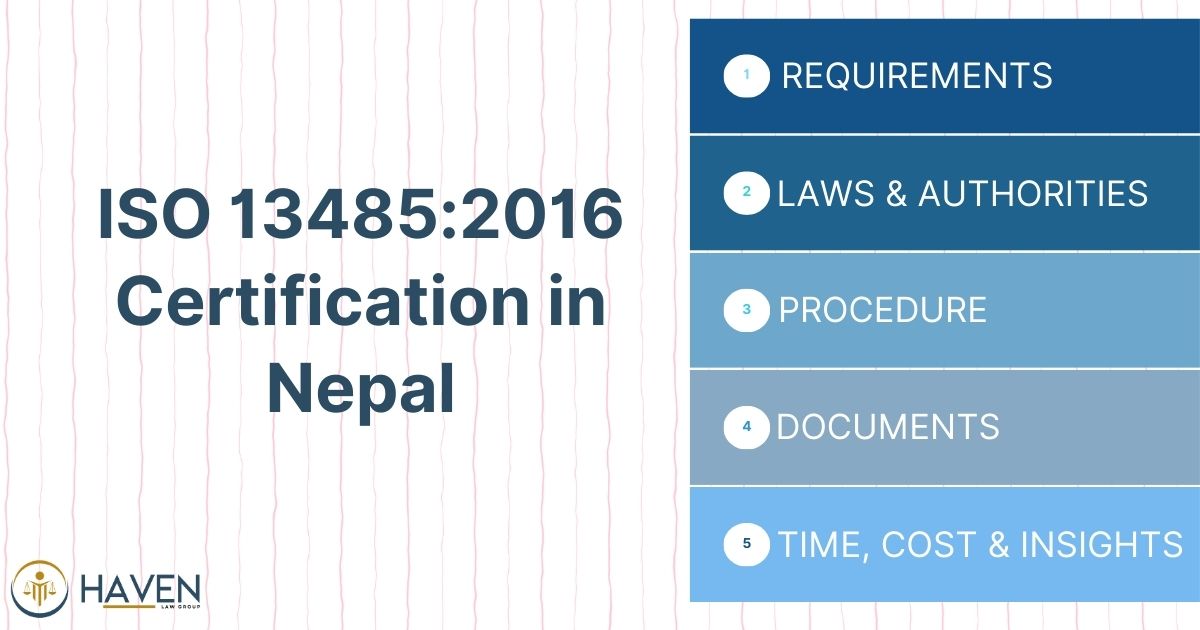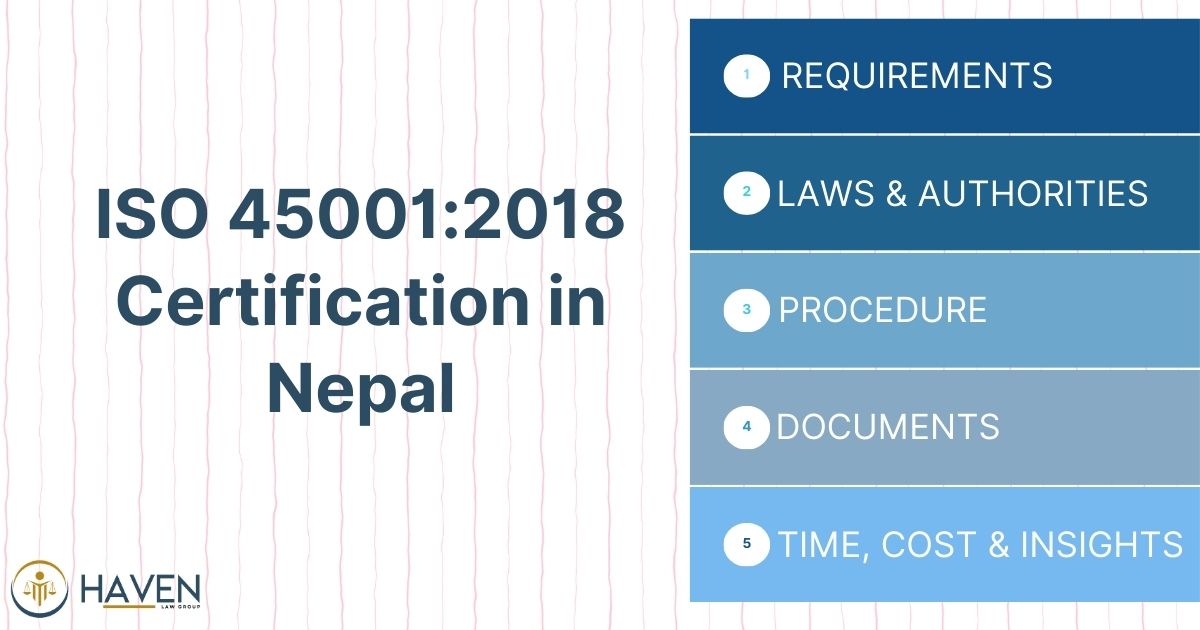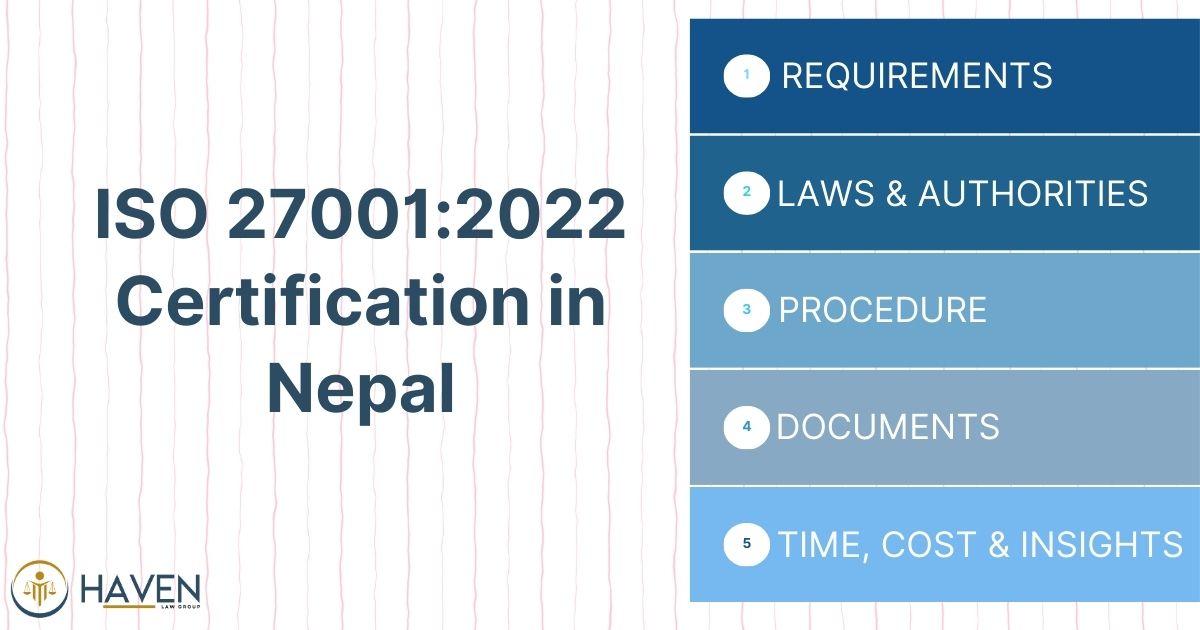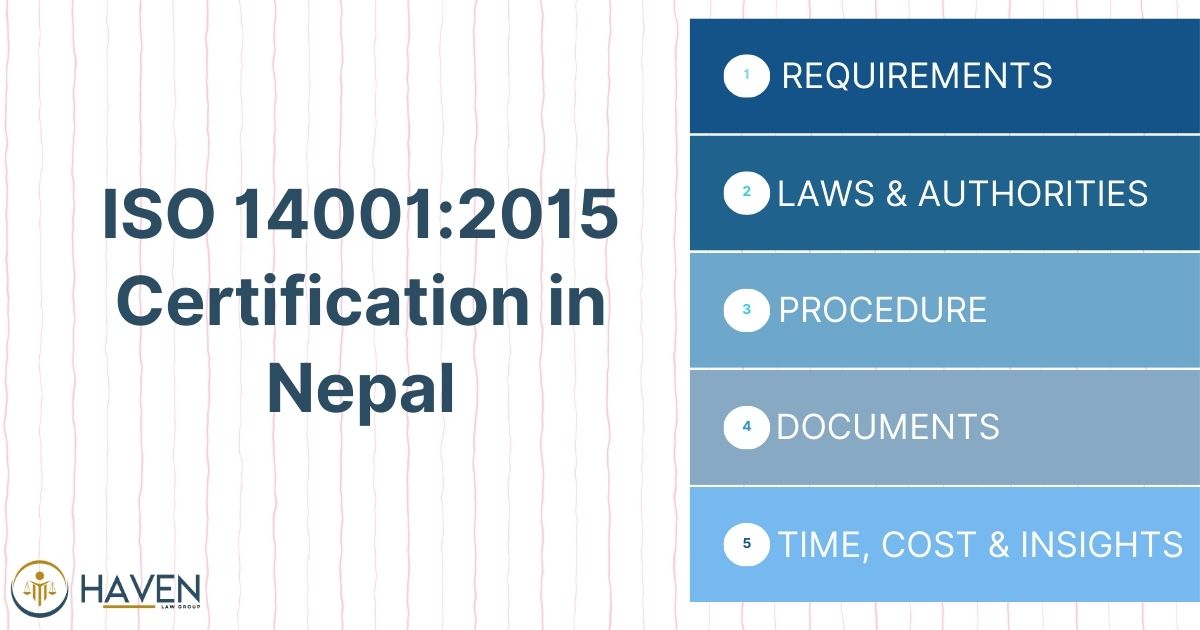Introduction
Non-Resident Nepalis (NRNs) play a crucial role in Nepal’s economic development through their investments and business ventures. The Government of Nepal has implemented various policies and regulations to facilitate NRN business registration and encourage foreign investment. This comprehensive guide explores the legal framework, registration process, and key considerations for NRNs looking to establish businesses in Nepal.
Legal Framework for NRN Business Registration
Non-Resident Nepali Act, 2064 (2008)
The Non-Resident Nepali Act, 2064 (2008) serves as the primary legislation governing NRN affairs in Nepal. This act defines NRNs and outlines their rights and privileges, including the right to invest and conduct business in Nepal. Key provisions of the act include:
- Definition of NRN status
- Investment opportunities for NRNs
- Repatriation of profits and capital
- Property ownership rights
Foreign Investment and Technology Transfer Act, 2075 (2019)
The Foreign Investment and Technology Transfer Act, 2075 (2019) provides the legal framework for foreign investment in Nepal, including investments by NRNs. This act outlines:
- Sectors open for foreign investment
- Approval processes for foreign investment
- Technology transfer regulations
- Dispute resolution mechanisms
Companies Act, 2063 (2006)
The Companies Act, 2063 (2006) governs the formation, operation, and dissolution of companies in Nepal. NRNs must comply with this act when registering their businesses. Key aspects include:
- Types of companies that can be registered
- Registration procedures
- Corporate governance requirements
- Annual compliance obligations
Types of Business Entities for NRNs
Private Limited Company
A private limited company is a popular choice for NRNs due to its limited liability protection and flexibility in management. Key features include:
- Minimum of 1 and maximum of 101 shareholders
- Limited liability for shareholders
- Restrictions on share transfer
Public Limited Company
Public limited companies are suitable for larger ventures and offer the ability to raise capital from the public. Characteristics include:
- Minimum of 7 shareholders
- No upper limit on the number of shareholders
- Ability to list on the stock exchange
Branch Office
NRNs can establish branch offices of their foreign companies in Nepal. This option is suitable for those who want to maintain a direct connection with their parent company abroad.
Liaison Office
A liaison office allows NRNs to establish a presence in Nepal for non-commercial activities such as market research or promoting the parent company’s products.
NRN Business Registration Process
Step 1: Obtain NRN Card
Before initiating the business registration process, NRNs must obtain an NRN card from the Non-Resident Nepali Association (NRNA). This card serves as proof of NRN status and is essential for availing various benefits and privileges.
Step 2: Choose a Business Structure
NRNs must decide on the most suitable business structure based on their investment goals, operational requirements, and legal considerations.
Step 3: Name Reservation
Reserve a unique company name through the Office of the Company Registrar (OCR). This can be done online through the OCR’s website.
Step 4: Prepare Required Documents
Gather all necessary documents, including:
- Memorandum of Association
- Articles of Association
- Consent letters from proposed directors
- Proof of registered office address
- NRN card copy
- Passport copies of shareholders and directors
Step 5: Submit Application to OCR
File the application for company registration along with all required documents and fees to the OCR.
Step 6: Obtain Registration Certificate
Upon approval, the OCR will issue a Certificate of Incorporation, officially registering the company.
Step 7: Post-Registration Compliance
Complete post-registration requirements, including:
- Obtaining a Permanent Account Number (PAN) from the Inland Revenue Department
- Registering for Value Added Tax (VAT), if applicable
- Opening a corporate bank account
Investment Sectors for NRNs
The Government of Nepal has identified several priority sectors for foreign investment, including NRN investment. These sectors include:
Infrastructure Development
- Hydropower projects
- Transportation infrastructure
- Telecommunications
Tourism
- Hotels and resorts
- Adventure tourism
- Eco-tourism initiatives
Information Technology
- Software development
- IT-enabled services
- E-commerce platforms
Agriculture and Agro-processing
- Commercial farming
- Food processing industries
- Organic product development
Manufacturing
- Textiles and garments
- Pharmaceuticals
- Electronics assembly
Tax Considerations for NRN Businesses
NRNs must be aware of the tax implications of their business activities in Nepal. Key tax considerations include:
Corporate Income Tax
The standard corporate income tax rate in Nepal is 25%. However, certain sectors and activities may be eligible for tax incentives or concessional rates.
Value Added Tax (VAT)
Businesses with an annual turnover exceeding NPR 5 million must register for VAT. The standard VAT rate is 13%.
Withholding Tax
Various payments, including dividends, interest, and service fees, may be subject to withholding tax at rates ranging from 5% to 15%.
Double Taxation Avoidance Agreements (DTAAs)
Nepal has signed DTAAs with several countries. NRNs should check if their country of residence has a DTAA with Nepal to avoid double taxation.
Repatriation of Profits and Capital
The Foreign Investment and Technology Transfer Act, 2075 (2019) guarantees NRNs the right to repatriate their profits and invested capital. Key points include:
- Profits can be repatriated after paying applicable taxes
- Invested capital can be repatriated upon disinvestment or liquidation
- Repatriation must be done through official banking channels
Challenges and Considerations for NRN Businesses
While Nepal offers numerous opportunities for NRN businesses, there are several challenges to consider:
Bureaucratic Procedures
Despite efforts to streamline processes, bureaucratic hurdles may still cause delays in business registration and operations.
Infrastructure Limitations
Inadequate infrastructure, particularly in rural areas, can pose challenges for certain business operations.
Political Instability
Nepal’s political landscape has been historically volatile, which can impact business confidence and long-term planning.
Skilled Labor Shortage
Certain sectors may face difficulties in finding adequately skilled local workforce, necessitating investment in training and development.
Government Initiatives to Support NRN Businesses
The Government of Nepal has implemented various initiatives to attract and support NRN investments:
One-Stop Service Center
The Investment Board Nepal operates a One-Stop Service Center to facilitate foreign investment, including NRN investments, by providing streamlined services for approvals and registrations.
Special Economic Zones (SEZs)
Nepal has established SEZs to provide investors with infrastructure, tax incentives, and simplified regulatory procedures.
Investment Promotion Board
The Investment Promotion Board, chaired by the Prime Minister, works to attract foreign investment and address policy-level issues affecting investors.
Conclusion
NRN business registration in Nepal offers significant opportunities for Non-Resident Nepalis to contribute to their homeland’s economic development while pursuing profitable ventures. By understanding the legal framework, registration process, and key considerations outlined in this guide, NRNs can navigate the complexities of establishing and operating businesses in Nepal more effectively.
As Nepal continues to improve its business environment and attract foreign investment, NRNs are well-positioned to leverage their unique status and contribute to the country’s growth. However, it is crucial for NRNs to stay informed about the latest regulatory changes, seek professional advice when necessary, and carefully plan their business strategies to ensure long-term success in the Nepali market.
By embracing the opportunities and addressing the challenges, NRN businesses can play a vital role in Nepal’s economic transformation, fostering innovation, creating employment, and strengthening the ties between Nepal and its global diaspora.
What types of businesses can NRNs register in Nepal?
Non-Resident Nepalis can register various business types in Nepal, including private limited companies, public limited companies, partnerships, and sole proprietorships. They may also establish branch offices of foreign companies or joint ventures with local partners.
What is the minimum investment required for NRNs to start a business in Nepal?
The minimum investment required for Non-Resident Nepalis to start a business in Nepal varies depending on the sector and type of enterprise. Generally, a minimum of NPR 5 million is needed for most industries.
What is the process for NRN business registration in Nepal?
NRN business registration in Nepal involves obtaining necessary approvals, submitting required documents, registering with relevant authorities, acquiring PAN/VAT numbers, and opening a bank account. The process typically starts with the Department of Industry.
Who qualifies as a Non-Resident Nepali (NRN) for business registration purposes?
A Non-Resident Nepali (NRN) for business registration purposes is a person of Nepali origin holding a foreign passport or an Overseas Citizenship card, or a Nepali citizen residing abroad for employment or business.
What documents are required for NRN business registration in Nepal?
Documents required for NRN business registration include passport copies, NRN card, business proposal, company registration certificate from home country, bank statements, and other sector-specific permits. Additional documents may be needed based on the business type.
Can NRNs own 100% of a business in Nepal?
Yes, Non-Resident Nepalis can own 100% of a business in Nepal in most sectors. However, certain industries may have restrictions or require local partnerships. It’s advisable to check current regulations for specific sectors.
Are there any restricted sectors for NRN investment in Nepal?
Some restricted sectors for NRN investment in Nepal include arms and ammunition, nuclear energy, and certain media outlets. However, most sectors are open for NRN investment, subject to applicable laws and regulations.
How long does it take to register a business as an NRN in Nepal?
The time required to register a business as an NRN in Nepal varies depending on the business type and sector. Generally, it takes about 3-6 weeks, but complex cases may require more time.


